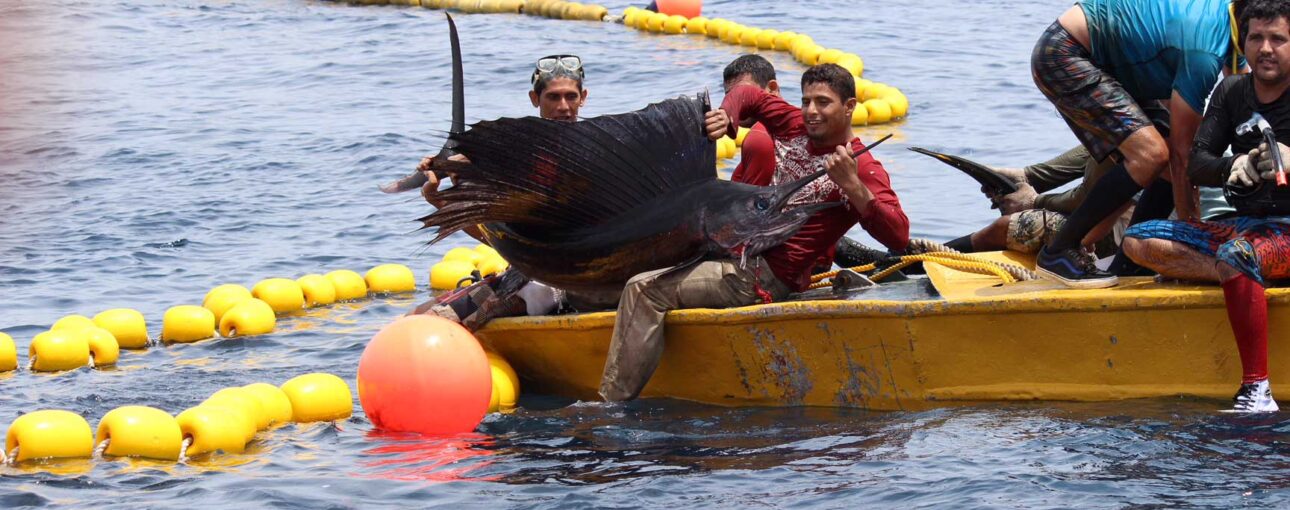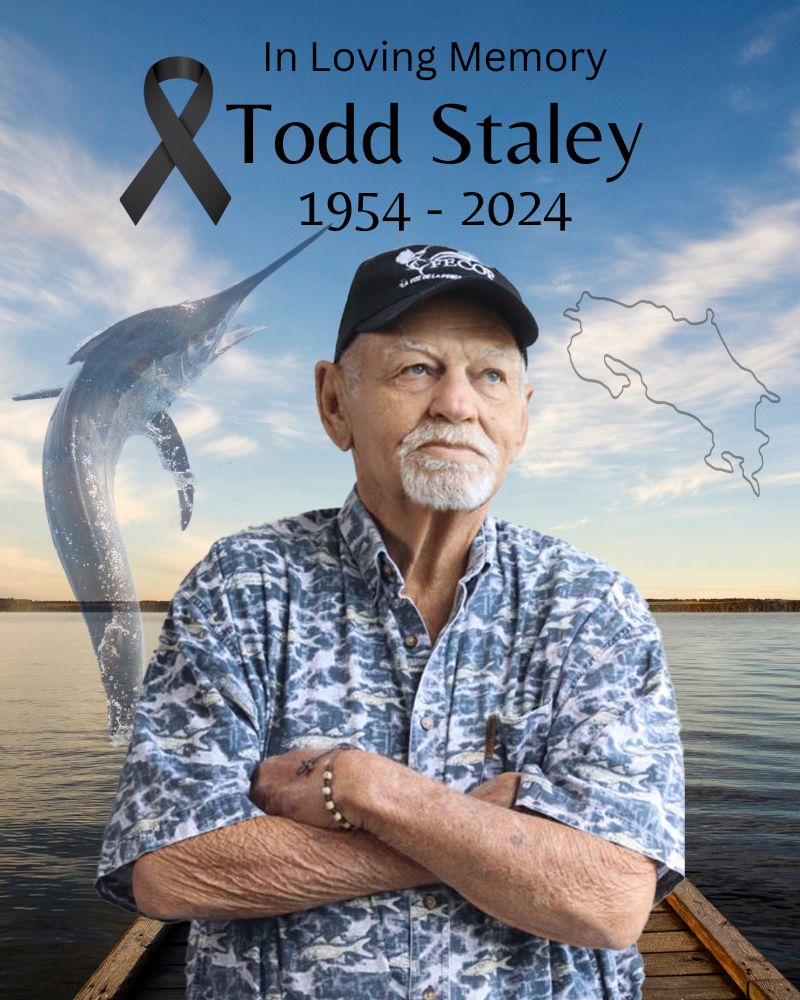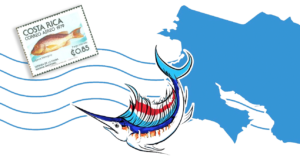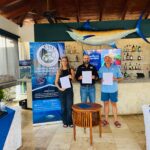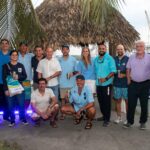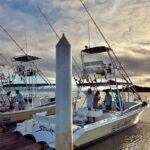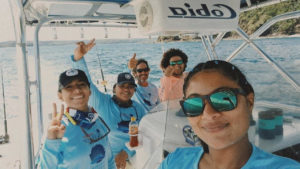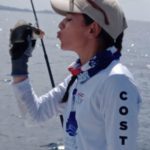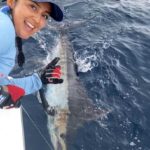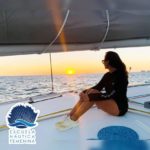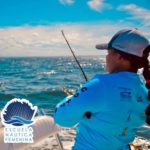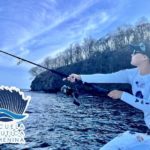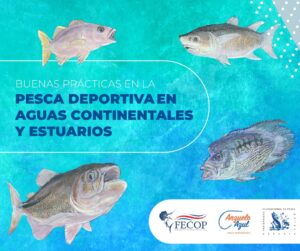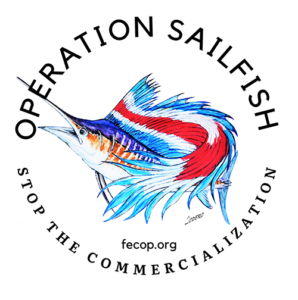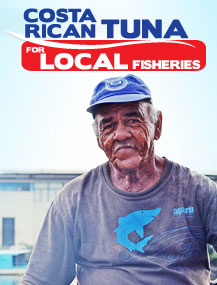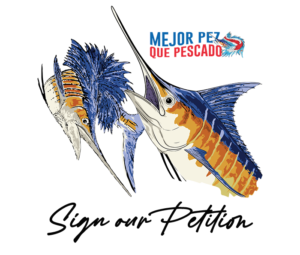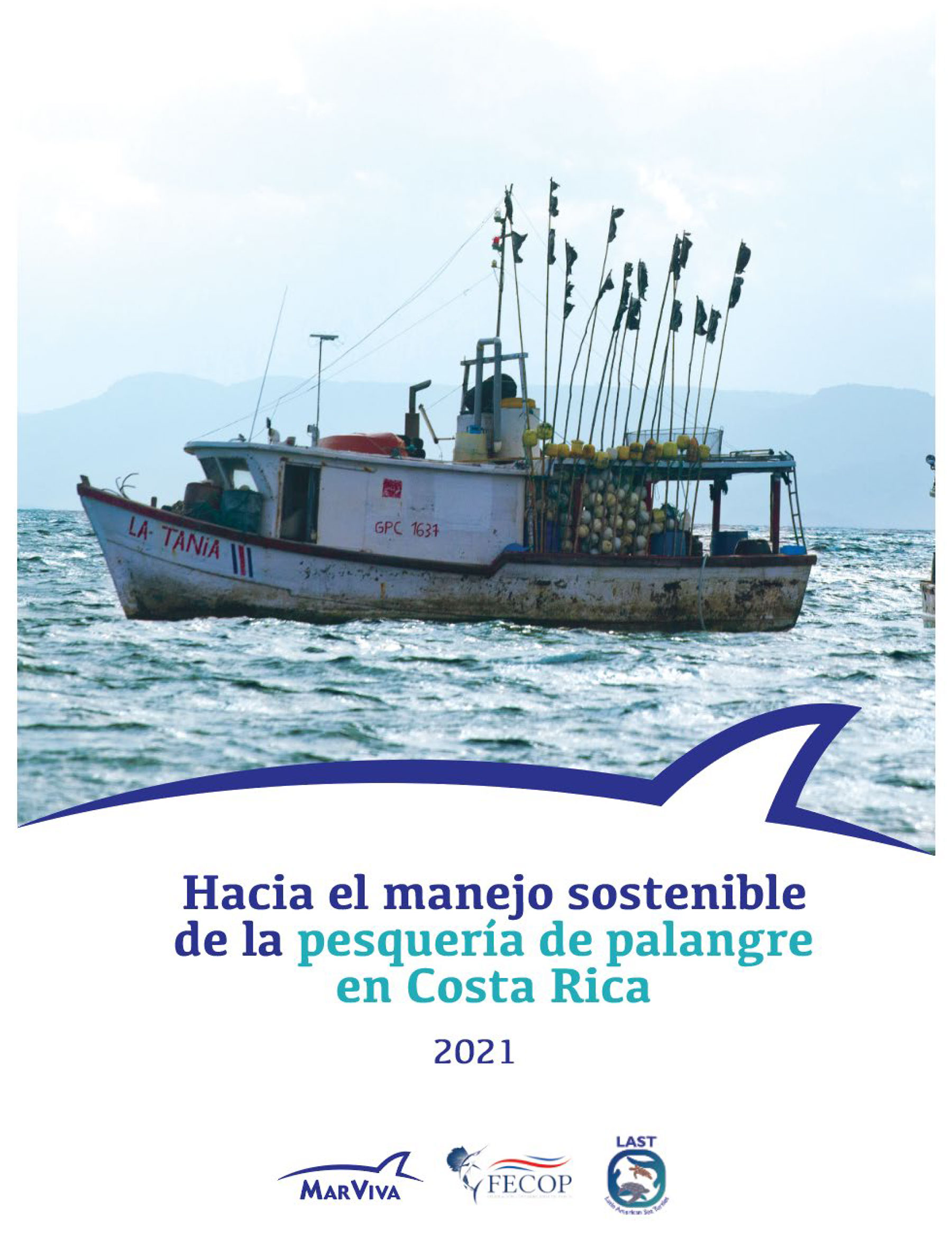New fisheries director Moises Mug, former director for a sport-fishing advocacy group, understands the importance of the country’s marine resources.
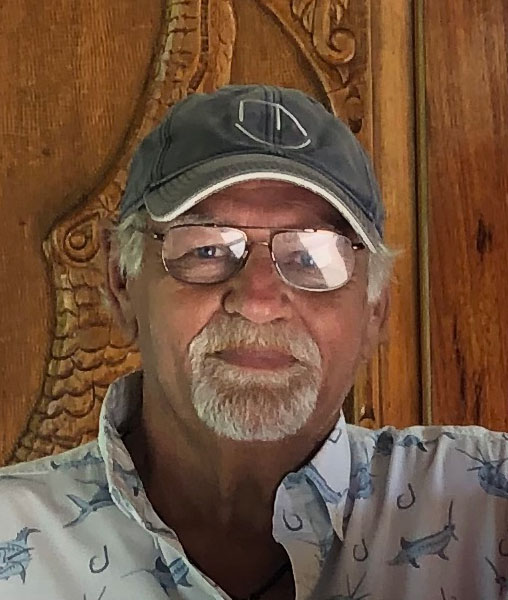 By Todd Staley
By Todd Staley
Published for Sport Fishing Magazine
Updated: July 9, 2018
The sport fishing community is extremely optimistic with the appointment of Moises Mug as head of Costa Rican fisheries. President Carlos Alvarado made the appointment and Mug began his 4-year tenure as head of INCOPESCA (the governing body of fisheries) June 1st.
Mug, an expert in fisheries and former Director of Science for FECOP the sport fishing advocacy group in Costa Rica, is most known for his work on the tuna decree that moved tuna purse seine boats 45 miles off the coast and protected a total of over 200,000 sq kilometers of territorial water from purse sein activity. In 2017 Mug supplied the science to convince the government to reduce tuna licenses issued to foreign fleets from 43 to 13. By analyzing previous catch records by observers on tuna boats in 2017 alone, 25 metric tons of would be marlin bycatch was saved as well as sailfish, dorado, wahoo, sharks, turtles, and marine mammals.
Part of his plan of action, “We have a Pacific Ocean which is very large (11 times greater than terrestrial territory) and a smaller portion in the Caribbean in Costa Rican territory. There is an opportunity for Costa Rica to regain their rights to the wider Eastern Pacific Ocean resources, like the tuna capacity allowance the tuna commission gave us back in 2003. We need to define a specific policy to reduce poverty in the coast, to improve income of the fisheries by restoring fisheries, and improving the catches without over-exploiting the resource, and to basically have prosperity of the ocean. In this prosperity, we can not only see marine resources as only food resources. We have an important and amazing potential in tourism. Tourist fishing and sport fishing, but we need to find a balance of the fisheries so one fishery does not negatively impact the other, so reducing bycatch (incidental catch while targeting another species) is very important.”
Advertisement
Mug has a big chore right from the start. Shrimp trawlers were recently banned in Costa Rica by the Supreme Court after a lengthy battle and Mug has the responsibility of helping 800 employees displaced in that industry find a new livelihood. Sport fishing and greenstick or pole and line tuna fishing have been suggested.
He also understands the importance of sport fishing to coastal communities and management of marine resources. Sport Fishing has surpassed coffee in contributing to Costa Rica’s gross national product.

